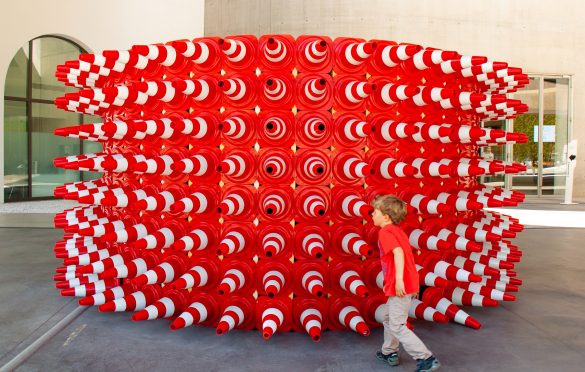1. Start typing on the search box
2. Filter the results: click on the settings icon on the left.
OR
Database by tags and content type

An atlas of real utopias?
21st March 2018In 2017, the Transnational Institute launched Transformative Cities, an opportunity for progressive local governments, municipalist coalitions, social movements and civil society organizations to popularize and share their experiences of building solutions to our planet’s systemic economic, social, political and ecological crises. The Atlas of Utopia,...

How can a civic movement set the agenda in city hall?
31st July 2019An interview with Rui Franco – Deputy City Councilor of Lisbon at the Our Common City conference in Budapest (February 22 & 23, 2019). Part one: Part two: Part three: Photo: Luisa Azevedo

Flatpack Democracy 2.0
16th September 2019As faith in political systems and politicians continues to plummet and climate change escalates, an alternative that empowers local people to rescue their own communities is vital. How can politics be reclaimed by the people? Fed up with seeing their valued local services crumble over...

Is America ready for a municipalist movement?
27th November 2016In the US, a new coalition of progressive forces is shaping up to protest views and policies deployed by president Trump. The articulation of forces against Trump. The municipal level is becoming a space for social resistance and political innovation, hence providing an opportunity for...

Cooperation vs authoritarianism in Spain
19th November 2019Social change and systems change go hand-in-hand. Movements for democracy and human rights are most effective when they aim to transform unjust, unequitable economic systems. In this episode, Laura Flanders travels to Spain to learn how people in two of the regions most brutally repressed...

How radical municipalism can go beyond the local
20th June 2018While today’s crises require action on a big scale, fighting for local democracy is the best chance to address them. Given that capitalism works at scale, radical municipalism requires collaboration at higher level to be successful. Gatherings as the Fearless Cities Summit in New York...

Municipalism: The next political revolution?
19th July 2018The way that reality is laid out for us at the moment it might seem a bit defeated and hopeless. Reviewing some of the accomplishments and origins of municipalism shines a light on what according to Murray Bookchin pointed out can be a way to...

When a movement becomes a party: the experiment of Barcelona en Comù and the new network of Spanish democratic cities
7th September 2015To analyse and understand the ways in which it is possible for a decentralised and polycentric movement such as Barcelona en Comù to be voted at institutional level, D-CENT partners IN3 15M Data Analysis Group and Barcelona Media conducted the recently published research ‘When a...

Municipal socialism
4th May 2008The role of local authorities in improving amenities was a matter of importance and some controversy before 1914 in England. A Medical Officer of Health was first appointed in Liverpool in 1847 but other cities did not do so until the 1860s, for example Manchester...

How the “15-minute city” will transform work
29th September 2020Even before the coronavirus crisis, a key topic of debate among town planners was how to create a sustainable, healthy urban environment that is easy to get around by either walking or cycling. The idea of the 15-minute city. A concept developed by Sorbonne Professor...

Barcelona’s latest affordable housing tool: Seize empty apartments
16th July 2020Barcelona is deploying a new weapon in its quest to increase the city’s available rental housing: the power to force the sale of empty properties. The city’s housing department wrote to a number companies that collectively own 194 empty apartments, warning that if they haven’t...

What happens if you treat healthy school meals as a public service?
12th March 2020Nearly four billion meals are dished out every year in France’s school cafeterias and childcare kitchens. Catering companies such as Sodexo currently dominate this market, but, more often than not, the meals have little nutritional value and the companies fail to factor in environmental concerns....
